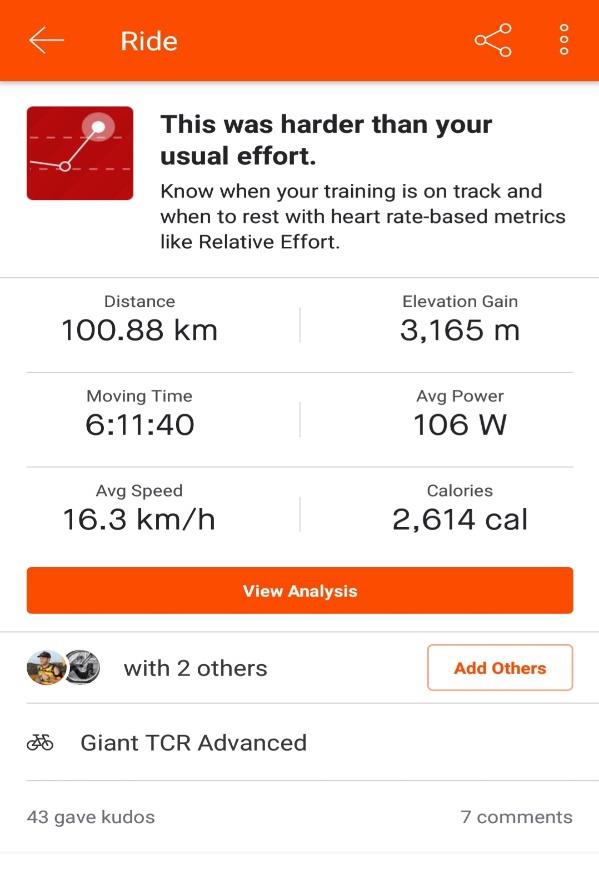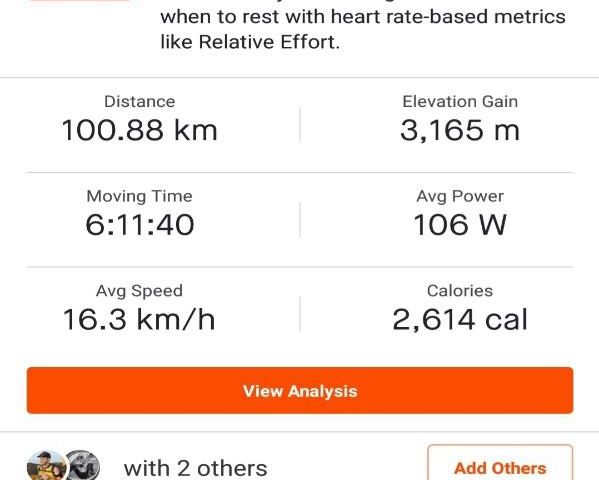
Proper nursing posture
July 14, 2019
The simplest exercise with the biggest benefits
July 28, 2019
When to rest?
“How many rest days do I need?”, “How do I know when I’m doing too much?” and “Why do I feel so guilty about resting?”.
I’m going to try speak about this without using too much medical jargon or brain boggling words. Going to try keep it simple. Because it is simple.
Why are rest days associated with negative feelings, guilt and shame?
They should be positive, uplifting and refreshing. RECHARGING.
I think training/exercising/racing has been complicated by many factors, social media, exercise and training/tracking apps. Even our training “groups” put massive pressure on us and our sensitive minds. Whilst all of these have many benefits there are also pitfalls.
With the focus always being on numbers, graphs, comparisons and percentages, have we forgotten about our own systems. Our brain, our senses, our feelings, our limbs. Yes, if you don’t already know, we were born with our own internal measuring system. Have we forgotten how to listen/read our own body?
With the introduction of systems such as Strava/Training Peaks/ Instagram (because when we train, we have to post) and whatever other apps there may be, there has definitely become a skewed perception of the word “rest”.

These apps introduce all types of pressure. Pressure to PERFORM, pressure to be KEEP UP, pressure to be HARD CORE, pressure to always be 1 STEP AHEAD, otherwise why even do it? Pressure to PUSH your body to the EXTREME, pressure for PB’s (personal bests), pressure to just generally GET OUT THERE AND DO SOMETHING EVERYDAY BECAUSE THIS IS WHAT YOU ARE EXPOSED TO WHEN YOU SCROLL THROUGH IT ALL. AND THE CAPS LOCK IS JUST TO PROVE HOW CAPITAL LETTERS AND BIG WORDS MAY INFLUENCE YOU OR MAKE YOU FEEL BAD BECAUSE YOU ARE NOT OUT THERE TRAINING TO THE MAX!!!!!!!!!! BOOM! I wouldn’t usually say that (boom) but I’m sure you get my drift by now and I hope I got the message across. If you are one of these people that feel like you are being pressurized by one of the above, you need to learn to disconnect from the online world.
I often catch myself getting caught up in “too much”. Luckily for me I have my experience of burn out and myocarditis (inflammation of the heart) that constantly reminds me to slow down. The problem is, you really don’t want to get to the stage that I got to because it’s not a good place to be and it can take forever to recover from it. When I started to suffer with the symptoms of a heart problem, no app, no coach and no numbers picked this up. This is part of the reason why I try educate my patients and people in general about how important it is to “get to know” the body you live in. People are different. We all respond to exercise loading plans and stress in different ways. Our bodies coping mechanisms are all different. We all have our “off” days, some longer than others. Get to know yourself!
So back to the big question, when do you rest?

I recently came across a post on a triathlon group on Facebook. It had me in mild shock. It was someone asking about rest. To a group of TRIATHLETES!!!On FACEBOOK! If you’re a triathlete or know a triathlete, then you will definitely know that they have big issues with rest. Triathletes are common culprits for over training. I decided to scroll through a couple of groups, which had similar questions and formulated the list below.
The answers were as follows:
- When my coach says so
- When I feel tired
- When my legs are sore
- According to mentioned app
- I only do active recovery
- I rest once a week
- I rest once a month
- Rest is weakness
- On my rest days I do a slow jog
- Rest days shouldn’t be complete rest
- I play golf on my rest days
- I rest as little as possible, I’m building fatigue resistance
- When my body tells me to
I’ll let you do the judging.
What shocked and still shocks me is that how as a society we rely on Facebook/Social Media to answer questions to do with our bodies/health/medical concerns. Shouldn’t you be asking a professional? Exercise training programs are like a prescription. Would you take a prescription of antibiotics from someone off Facebook? Well maybe some of you!
Adrenal fatigue is a real concern. Athletes heart can be life threatening. Viral infections can have long lasting effects. Over training syndrome can cause a compromised immune system which can predispose us to a whole host of illnesses.
Most of these people are merely answering on their own personal experience and not according to factual and medical information. However, even this medical information can be misleading.
So, what do you do?
I’m a fan of answer 13… “When my body tells me to”. Rest is personal.
You either have to be able to read/listen to your body really well or you need a good coach, who has some sort of qualification and who understands you as a whole, your life outside of training. Your body is really good at telling you when it has had enough. A lot of us ignore this and push through it. Whilst I agree that we do have to do this at times to become mentally and physically stronger, it is not great to be doing this all the time. And this is when you have to have self-control or when your coach should step in to help.
Whilst working with athletes I have picked up on a few things that may help you to determine whether you need to rest:

- Repetitive injuries – A very big sign. Your body is physically exhausted.
- Flu and Illness- Training stress causes an increase in cortisol and a decrease in your immune system function. You are more predisposed to infection.
- High resting heart rates and high training heart rates (higher than usual)- This is what took me to the doctor. How many of you have had an ECG? You may have a predisposing condition or a condition caused by over training that may lead to heart attack. Scary isn’t it?
- Poor sleep patterns- Caused from too much training/work stress on the body.
- Constant fatigue- Are you maybe suffering with adrenal fatigue/ burn out? Are you supplementing? Is your nutrition up to scratch?
- Decrease in performance. Exhaustion? Nutrition?
- Irritability- Mentally, your cognitive abilities and coordination will be diminished when you are tired.
- Muscle cramping- Nutritional deficits/ Fatigue/Hydration/ Genetics?
- Stomach issues- Stress, nutritional deficits.
- STRESS- Too much training, too much work, too little sleep?
Kirsten E.
[ad_2]
Source link



